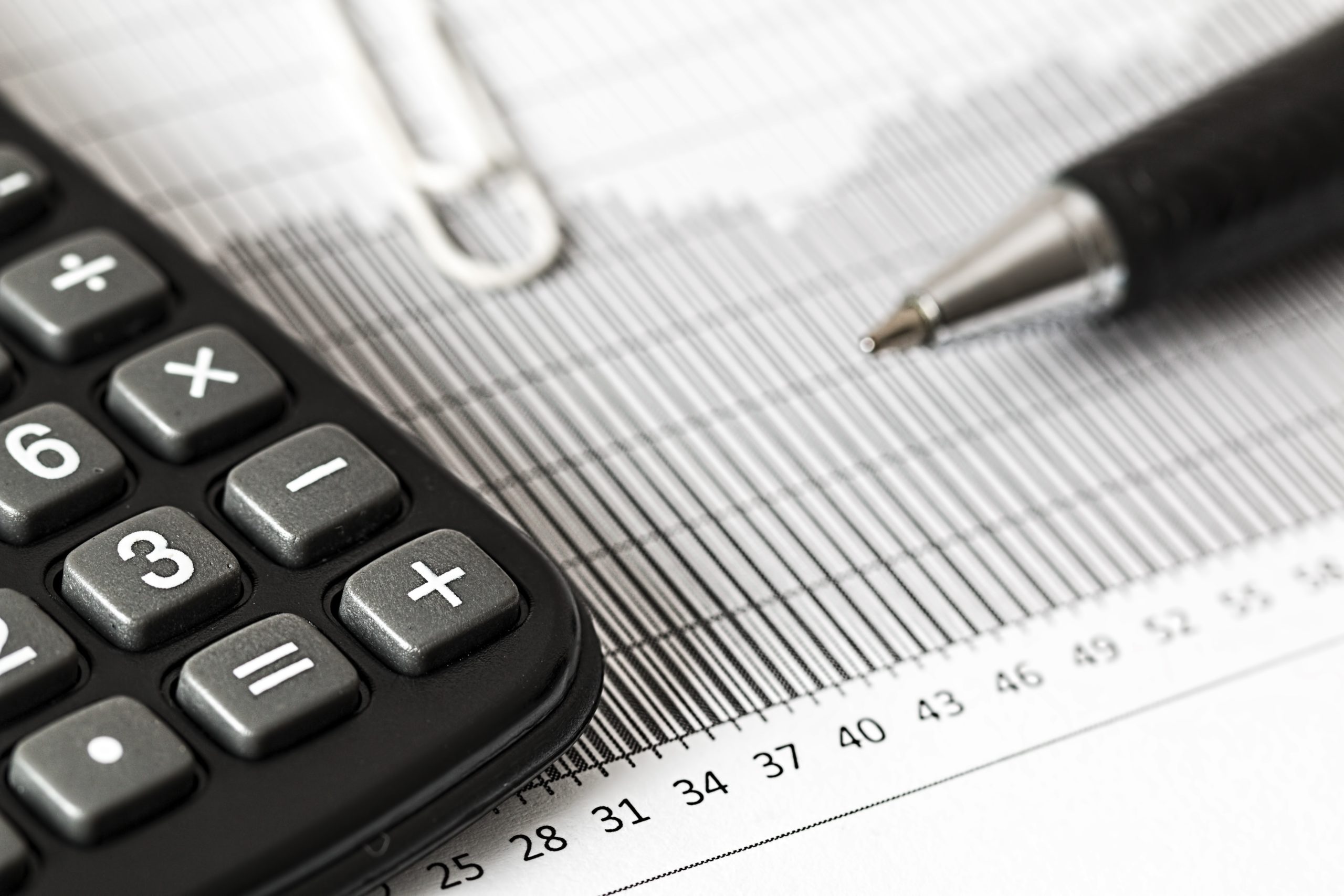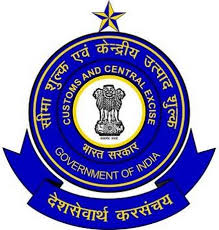Part 1 of Case studies on Time on Supply was published on 30th May, 2020 wherein five case studies were discussed. In continuation to above, further ten case studies on time of supply were published yesterday as Part-2. The final Part-3 containing further five case studies is being published today which makes the total number of case studies to twenty. It has been our endeavor to cover all the provisions of determination of time of supply by the case studies and we feel it will help our readers in understanding and in practical application of provisions of time of supply. Now let us start with final part 3 of case studies.
Case Study 16
X Ltd provided consultancy services to Y Ltd. Compute time of supply based on following information:
| Description | Date |
| Date of entering into contract for supply of consultancy services of Rs 1,50,000/- | 01.02.20XX |
| Date of receipt of advance of Rs 50,000/- | 15.02.20XX |
| Date of Supply | 15.03.20XX |
| Date of issue of Invoice | 15.05.20XX |
| Date of issue of invoice for interest of Rs 10,000/- due to non-payment | 01.11.20XX |
| Date of receipt of balance payment with interest | 15.12.20XX |
In this there will be three time of supplies which are worked out as under:-
a) Time of supply of advance amount of Rs 50,000/-
As per Section 13(2) of the CGST Act, 2017, the time of supply for services is the date of invoice (date of supply of service, if invoice not issued within prescribed time) OR date of receipt of payment, whichever is earlier.
Accordingly the time of supply for advance amount of Rs 50,000/- would be date of receipt of advance viz 15.02.20XX and GST applicable thereon will have to be paid. It is important to note here that the supplier would be required to issue a receipt voucher under Sec 31(3)(d) of the CGST Act, 2017 upon receipt of advance.
b) Time of supply of balance amount of Rs 1,00,000/-
As per Section 13(2) of the CGST Act, 2017, the time of supply for services is the date of invoice (date of supply of service, if invoice not issued within prescribed time) OR date of receipt of payment, whichever is earlier.
Accordingly the time of supply for balance amount of Rs 1,00,000/- would be date of supply of service viz 15.03.20XX, as the invoice has not been issued within the time prescribed viz 30 days from date of supply, as per Sec 31(2) read with Rule 47 of the CGST Rules, 2017.
c) Time of Supply for interest on late payment by Customer
As per Section 13(6) of the CGST Act, 2017, the time of supply to the extent it relates to addition in the value of supply by way of interest, late fee or penalty for delayed payment of any consideration shall be the date on which the supplier receives such addition in value.
As the interest amount has been received on 15.12.20XX, it will be the time of supply for the interest on late payment and GST will be paid accordingly. It is important to note here that date of invoice in this case would be disregarded.
Case Study 17
X Ltd purchased vouchers from Big Bazaar for distribution amongst its employees. Such vouchers can be used for purchase of any item. What would be the time of supply for such vouchers.
As per Section 12(4) of the CGST Act, 2017 in case of supply of vouchers by the supplier, the time of supply shall be the date of issue of voucher, if the supply is identifiable at that point OR date of redemption of voucher, in all other cases.
As in the instant case the supply is not identifiable at time of issue of voucher, as the employee can purchase any item which can be subject to different rates of GST. Accordingly time of supply for said voucher will be date on which such vouchers are actually redeemed and the GST rate applicable would be the actual rate applicable on the goods purchased by the employee by using the voucher.
Case Study 18
Determine the time of supply of goods from the following particulars considering there is change in rate of tax from 1st November from 12% to 18%.
| Date | Description |
| 8th September | Date of receipt of order for supply of goods of Rs 1,20,000/- |
| 10th September | Advance amount of Rs 20,000/- credited in bank account. |
| 2nd November | Date of removal of goods and issue of invoice of Rs 1,20,000/- plus GST |
| 22nd December | Balance payment received recorded in the books of account. |
| 24th December | Payment credited to the bank account |
In this case it is important to note that advance received for supply of goods is not subject to tax is view of specific dispensation provided w.e.f. 15.11.2017 vide Notification No. 66/2017-CT, dated 15.11.2017. Thus in this case when advance of Rs 20,000/- was received it would not have been subject to GST.
Now there is a change in rate of tax and accordingly for determining time of supply, Section 14 of the CGST Act, 2017 need to be referred to. According to Section 14 in case of change in rate, we need to see the dates of the three events viz i) Date of supply, ii) Date of issue of invoice and iii) Date of receipt of payment. In case two out these events fall before change in rate of tax, old rate shall be applicable. Similarly if two events falls after change in rate of tax new rate shall apply. Further in regard to goods, any advance receipt of payment will not be considered above as per Notification No. 66/2017-CT, dated 15.11.2017 which not only applies to Section 12 but also extends to Section 14 as well.
Considering the above, as the date of supply as well as date of issue of invoice falls on 2nd November i.e. after the change in rate of tax, new rate of 18% will be applicable on instant supply of goods and time of supply will be 2nd November. The supplier in this case would be issuing invoice of Rs 1,20,000/- plus GST thereon @ 18% and disclose the same in GSTR-1 and GSTR-3B for the month of November.
Case Study 19
Determine the time of supply of services from the following particulars considering there is change in rate of tax from 1st November from 12% to 18%.
| Date | Description |
| 8th September | Community hall booked for a marriage, sum agreed Rs. 1,20,000, advance Rs. 20,000 recorded in the books of account. |
| 10th September | Advance amount credited in bank account. |
| 2nd November | Marriage held in the Community hall. |
| 18th December | Invoice issued for Rs. 1,20,000 plus GST indicating the balance of Rs. 1,00,000 payable. |
| 22nd December | Balance payment received recorded in the books of account. |
| 24th December | Payment credited to the bank account |
As per the provisions of Section 13(2) of the CGST Act, 2017, the time of supply for services is date of invoice (date of supply of service if invoice not issued within prescribed time) or date of receipt of payment whichever is earlier. In this case as advance amount has been received on 8th September and that would be the time of supply for said amount and supplier would be required to pay GST thereon @12%.
In normal situations the supplier should collect the amount of advance plus GST thereon. However if GST is not separately paid, the amount will be regarded to be inclusive of GST and the tax amount would be determined by reverse working as per Rule 35 of the CGST Rules, 2017. The supplier here will also issue a receipt voucher towards the receipt of advance to the recipient as per requirement of Section 31(3)(d) of the CGST Act, 2017.
In instant case as there has been a change in rate of tax before the actual supply and corresponding issue of invoice, thus the time of supply will have to be determined as per Sec 14 of the CGST Act,2017 which governs determination of time of supply of goods or services in cases of change in rate of tax. According to Section 14 in case of change in rate, we need to see the dates of the three events viz i) Date of supply, ii) Date of issue of invoice and iii) Date of receipt of payment. In case two out these events fall before change in rate of tax, old rate shall be applicable. Similarly if two events falls after change in rate of tax new rate shall apply.
As in this case the date of supply (2nd November) as well as issue of invoice (18th December) is falling after change in rate of tax. Accordingly new rate of GST viz 18% will be applicable on the entire amount of Rs 1,20,000/-. The fact that Rs 20,000/- was received prior to change in rate of tax and on which tax @12% has already been deposited will not make any difference in view of the provisions of Section 14 of the CGST Act, 2017.
Accordingly the supplier is required to issue tax invoice of Rs 1,20,000/- plus GST @ 18% thereon to the recipient and disclose the same at table 4 of GSTR-1. Further in table 11 of the GSTR-1, the supplier shall depict the amount adjusted as advance viz Rs 20,000/- with tax which was charged thereon @ 12%. This will ensure that there is no double taxation. Similarly the advance with tax paid thereon will be adjusted and net figure will be shown in table 3.1(a) of GSTR-3B.
Case Study 20
Mr. X, an interior decorator registered at Ahmedabad, provided service to one of his clients XYZ Co. Ltd., registered at Pune. The provision of service was completed on 10-08-20XX and payment received was entered in the books of Mr. Mahendra on 11-08-20XX.
W.e.f. 16/08/20XX, applicable GST rate was increased from 5% to 12%. However, payment for the service received was credited in his bank account on 17/08/20XX and invoice for the same was raised on 23-08-20XX. Mr. Mahendra claimed that he is liable to pay IGST @ 5%. But the department took the view that he is liable to pay IGST @12%.
Examine the correctness of Mr. X contention and determine the time of supply and applicable rate of tax as per the statutory provisions
Would your answer undergo any change in the above case if the payment was credited to the bank account on 22-08-20XX instead of 17-08-20XX?
In this case the time of supply will have to be determined as per Sec 14 of the CGST Act,2017 which governs determination of time of supply of goods or services in cases of change in rate of tax. According to Section 14 in case of change in rate, we need to see the dates of the three events viz i) Date of supply, ii) Date of issue of invoice and iii) Date of receipt of payment. In case two out these events fall before change in rate of tax, old rate shall be applicable. Similarly if two events falls after change in rate of tax new rate shall apply.
As per Explanation to Section 14 the date of receipt of payment is the date of entry in books of accounts of the supplier or date on which payment is credited in his bank account, whichever is earlier. However as per proviso to Sec 14 the date of receipt of payment shall be the date of credit in the bank account if such credit in the bank account is after four working days from the date of change in rate of tax.
In backdrop of above provisions, let’s solve this case study by plotting the dates of the three events as referred to in Sec 14.
| Description | Date |
| Date of Supply: | 10.08.20XX |
| Date of issue of Invoice: | 23.08.20XX |
| Date of receipt of payment: | 11.08.20XX* |
*11.08.20XX or 17.08.20XX whichever is earlier as payment is credited within 4 working days of change in rate of tax.
As in this case two events viz date of supply and date of receipt of payment falls before change in rate of tax old rate of 5% will be applicable on the instant case. Further time of supply in this case would be date of receipt of payment i.e. 11.08.20XX. Accordingly Mr X is correct in its contention.
In case payment is credited in bank account on 22.08.20XX
Lets start by plotting the dates of the three events as referred to in Sec 14.
| Description | Date |
| Date of Supply: | 10.08.20XX |
| Date of issue of Invoice: | 23.08.20XX |
| Date of receipt of payment: | 22.08.20XX* |
*The date of receipt of payment shall be taken as date of credit in the bank account as there is delay in credit in bank account by more than 4 working days from the date of change in rate of tax.
As in this case, two events viz date of issue of invoice and date of receipt of payment falls after change in rate of tax, new rate of 5% will be applicable on the instant case. Further time of supply in this case would be date of receipt of payment i.e. 22.08.20XX (date of invoice or receipt of payment, whichever is earlier).
***
A BIG THANKS to you for visiting our site and reading this article. Kindly provide your feedback on the above article in comment section below. Also please intimate about other GST issues on which you would require our team to pen down articles.
Doubts on GST may be lodged on ‘Ask GST query tab‘ under ‘Your GST queries’ tab on home page. National level GST experts will provide their reply on the matter raised at the earliest and same can be seen under ‘GST query resolved’ tab under ‘Your GST queries’ tab.
You can also subscribe to our free newsletter to always be updated on GST Law by filling the subscription form at home page.
TW Editorial Team comprises of team of experienced Chartered Accountants and Advocates devoted to spread the knowledge of GST amongst the various stakeholders.



